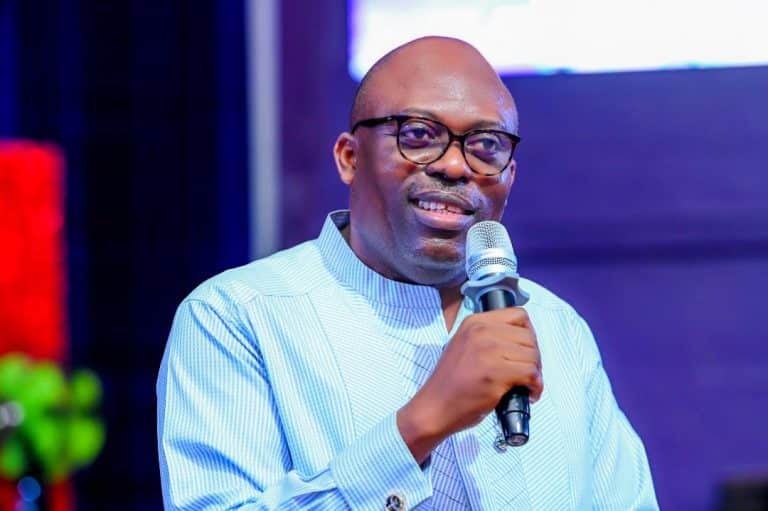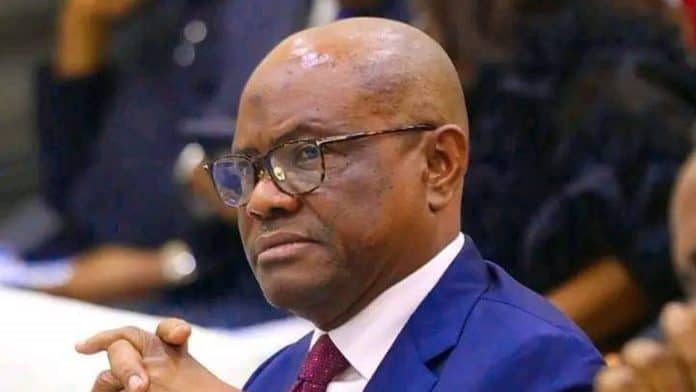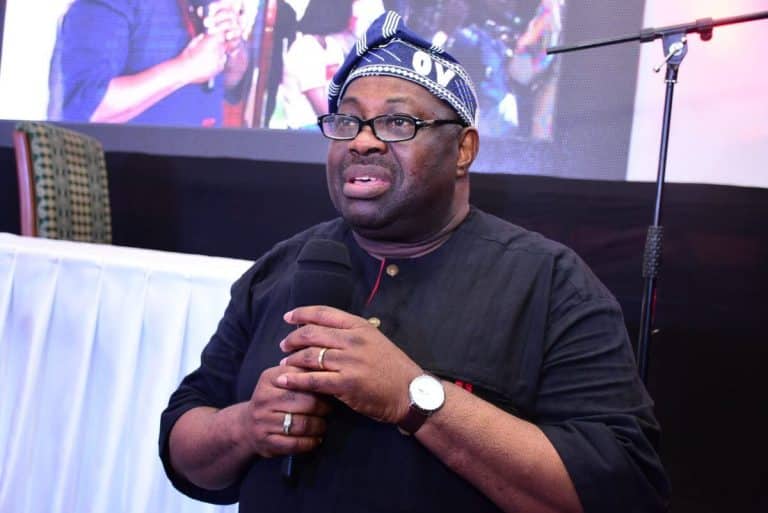The Rivers State chapter of the All Progressives Congress (APC) has issued a stern warning to suspended Governor Siminalayi Fubara, stating that his political future hinges entirely on pursuing genuine reconciliation with the State House of Assembly.
Speaking at a press conference in Abuja on Tuesday, Tony Okocha, Chairman of the APC Caretaker Committee in Rivers, criticized Fubara for failing to make any meaningful attempt to resolve the deepening rift with state legislators. According to Okocha, the ongoing political crisis in Rivers State has not seen any visible move from the governor to engage with the lawmakers, who remain fundamentally opposed to his administration.
“I can confirm that there is no reconciliation effort currently underway in Rivers,” Okocha stated. “The suspended Governor, Fubara, has not made any move to reconcile with the lawmakers.”
The crisis in Rivers State escalated when President Bola Tinubu declared a state of emergency on March 18, 2025, due to the political deadlock between Governor Fubara and Federal Capital Territory Minister Nyesom Wike, a former governor of the state. In response to the escalating conflict, the president suspended both Fubara and the entire Rivers State House of Assembly and appointed retired Vice Admiral Ibok-Ete Ekwe Ibas as the sole administrator for a six-month interim period.
The decision was immediately controversial, prompting legal challenges from governors of the Peoples Democratic Party (PDP), who argued that the president’s action amounted to executive overreach and an infringement on the democratic mandate given to elected officials in the state.
Despite these legal actions, speculation has mounted in recent weeks that a political resolution may be forthcoming. High-level meetings reportedly involving President Tinubu, Governor Fubara, and Minister Wike have led to growing rumors that the president may use Democracy Day on June 12 as an occasion to announce the lifting of Fubara’s suspension and his reinstatement as governor.
However, Okocha warned that any restoration of the governor’s position without addressing the unresolved tension with the lawmakers would be politically unsustainable. He pointed out that the existing standoff with the State House of Assembly, combined with the backdrop of a Supreme Court ruling mandating legal resolution to suspensions and impeachments, presents a serious obstacle to Fubara’s return to office without reconciliation.
“Only genuine reconciliation can save him from impeachment, as the Supreme Court judgment stands,” Okocha emphasized, highlighting that the legal framework governing such political disputes requires full compliance with constitutional processes.
Okocha’s comments underscore the precarious position Fubara finds himself in, with multiple stakeholders and institutions exerting pressure on all sides. The APC’s statement signals that any move by President Tinubu to reinstate Fubara without first facilitating reconciliation with the Assembly may provoke further political instability.
The conflict between Fubara and Wike has been ongoing for several months, with factions within the Rivers State government accusing each other of overreach, corruption, and political sabotage. The situation deteriorated further when members of the House of Assembly aligned with Wike moved to sideline Fubara through a series of legislative actions, prompting the intervention by the presidency.
Observers have noted that the confrontation is reflective of broader power struggles within the PDP and its relationship with the federal APC-led administration. It also raises critical questions about the balance between federal authority and state autonomy, especially in politically sensitive states like Rivers, which plays a crucial role in Nigeria’s oil economy and national politics.
As the country approaches Democracy Day, calls have intensified for President Tinubu to act in a way that upholds the rule of law while promoting national unity. However, the APC’s warning suggests that any hasty political solution may lead to further complications unless built on a foundation of genuine reconciliation and institutional legality.
For now, Governor Fubara’s political fate remains uncertain. The pathway forward may depend less on presidential intervention alone and more on whether the suspended governor can mend ties with the state’s legislative arm and navigate the turbulent political landscape that has engulfed Rivers State.





